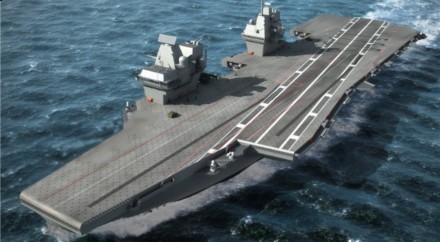What do armchair warriors know about combat? In Afghanistan in particular where the Taliban use suicide attacks as a weapon of choice? The murder of a wounded Taliban fighter was of course wrong, it goes against everything we believe in including, as the Royal Marine sergeant who did the killing acknowledged at the time, the Geneva Convention. Still, we have to remember the circumstances they were in. The attack they had repelled was not necessarily over, and the wounded fighter may have become an even greater danger. Shooting him was an expedient of the battlefield.
War is ugly. However I would still have preferred that the Marines did the decent thing and gave the wounded Talib first aid, as they discussed, instead of a bullet. But that’s easy for me to say, I wasn’t there. Nor were any of the other armchair warriors who pour down scorn on them. The Taliban had attacked their position and did everything they could do to kill as many of our troops as they could. Who could be sure this particular Talib, who was still armed, was not a threat? Would you bet your life he wouldn’t still kill you? The Taliban don’t respect the Geneva Convention, they don’t even respect their own lives.
So it’s pointless speculating whether the Talib fighter had surrendered or was even a captive; the Taliban have a record of concealing grenades to blow up themselves together with their captors. Fighting against irregular forces is fraught with danger but even in combat with another western army you can never be sure where you stand. The last time we fought a western army was in 1982 against Argentina, a signatory of the Geneva Convention. In one notorious incident, three paratroopers were killed when advancing under a white flag to accept the surrender of the Argentines at Goose Green.
Were the Marines mindful of that danger? We think of Afghanistan today and delude ourselves that we are on top of the situation, but back in 2011 when this incident took place there could be no delusion; Helmand was a very dangerous place to be. The Marines were coming to the end of a long and dangerous deployment and they had lost comrades to Taliban attacks and IEDs. It was kill or be killed. Let’s not forget either that we had sent them there with inadequate personal body armour, weaponry, vehicles and helicopter support. The stress must have been unimaginable, lapses in judgement inevitable.
I’m glad the Marines have been held accountable. But we must remember that it was us who put them in harms way. We sent them there to fight on our behalf and we are just as responsible for what they do. We should support them and try to be understanding when it goes wrong as in this case. Certainly have pity for the Talib fighter who was murdered, but have some pity too for the Marine. The fact that he was a sergeant in the Royal Marines is evidence enough without knowing his name or background that he was an outstanding soldier. He does not deserve to spend the rest of his life behind bars.
Postscript: There is no conceivable risk that showing clemency to this Marine will endanger serving troops as is being claimed. Does anyone serious believe that any British troops who are captured by the Taliban would be leniently treated? Therefore it seems to me that the harsh words of the currently serving generals scorning the idea of clemency is in fact covering up their own complicity in historically under-resourcing the men in the field and is reprehensible.

